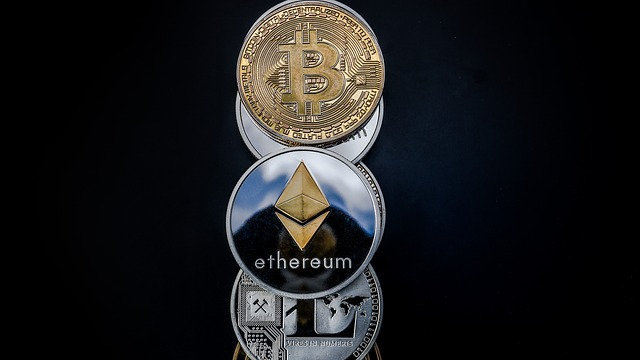
 07/08/24
07/08/24
 778
778
Bitcoin Plummets Amid Japanese Market Turmoil: A Closer Look at Global Economic Ripple Effects
Bitcoin has recently experienced a notable decline, leading the cryptocurrency market into a downturn that saw the asset fall to as low as $49,751 on August 5. This downturn has been closely linked to significant turmoil in Japanese financial markets.
The catalyst for this market movement appears to stem from a sharp 10% drop in the Japanese stock market. The decline has emerged amid concerns over a strengthening yen, an increasingly stringent monetary policy, and broader anxieties regarding a potential U.S. recession. The Bank of Japan’s (BOJ) decision to adjust its long-standing zero interest rate policy after three decades, combined with years of quantitative easing, marked a pivotal moment. The abrupt shift triggered a decline in the Nikkei 225 index, resulting in ripple effects that extended to global markets, including cryptocurrencies.
The long-term consequences of Japan’s economic strategies are now under scrutiny, as analysts point to the potential costs associated with prolonged low interest rates and excessive financial stimulation. The scrutiny has arisen as the wait for an inevitable policy adjustment ends, highlighting the ramifications of years spent manipulating economic conditions.
During the recent market turbulence, Bitcoin found itself at a seven-month low, plunging below the $50,000 threshold, with overall liquidations in the crypto sector exceeding $1 billion. This situation raises questions about Bitcoin’s status as a safe-haven asset. Nonetheless, there are instances where Bitcoin has demonstrated its appeal during crises, such as March 2023 when it surged to $29,000 amid significant banking failures in the U.S.
The impact of the Japanese market crash extended beyond Bitcoin to other major cryptocurrencies. Ethereum dropped to $2,197, a level not seen since January, while Solana fell to $110. Traditional equities, including prominent companies like Nvidia, Tesla, and Apple, also suffered declines of at least 4%.
These developments illustrate that Bitcoin’s recent challenges do not necessarily indicate a lack of safety but rather underscore its interconnectedness with global economic trends.
 Back to the Blog Main Page
Back to the Blog Main Page














